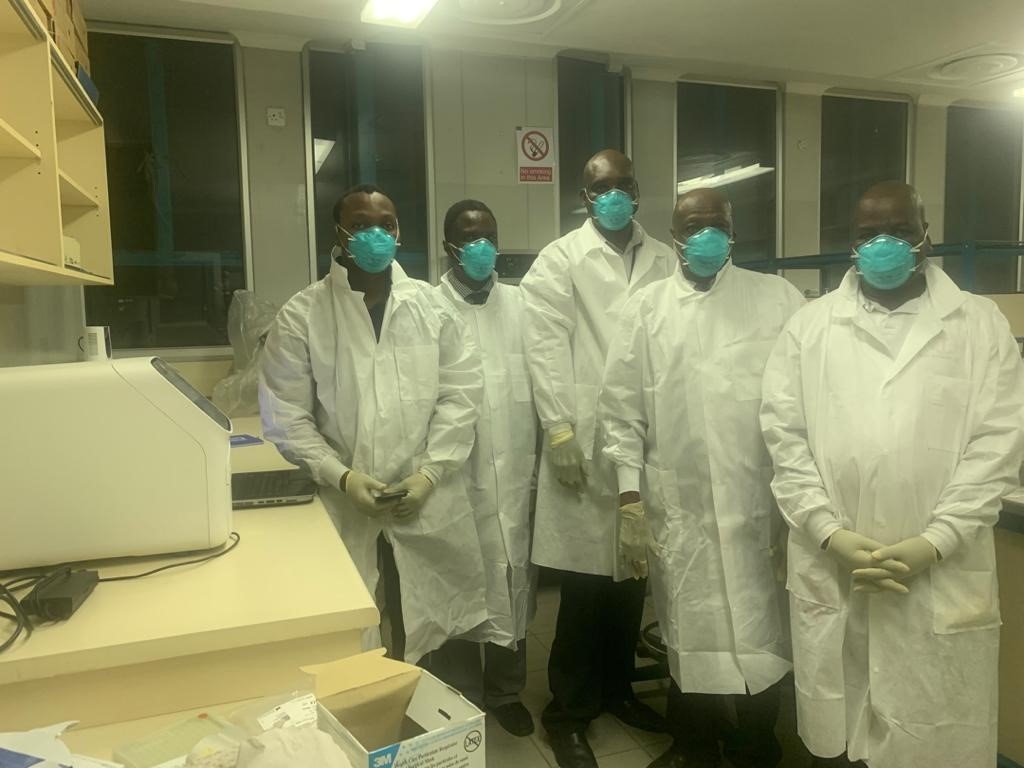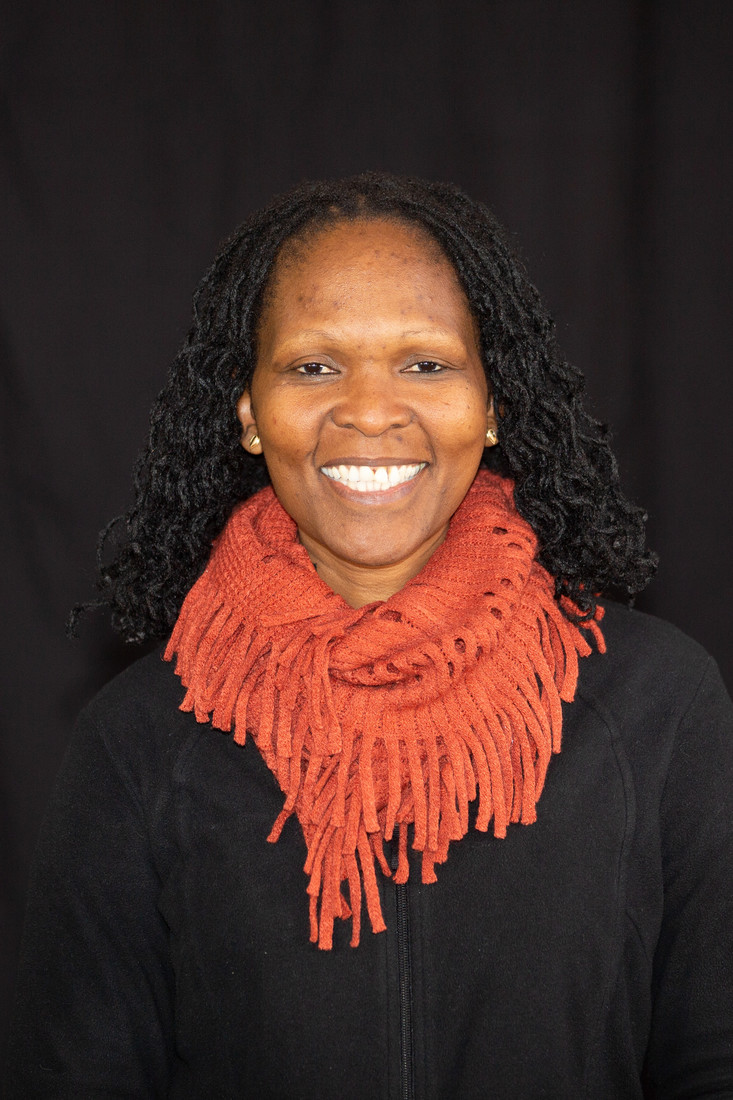
In late March, as the first COVID-19 cases appeared in Zimbabwe, health care workers went on strike because of the lack of personal protective equipment (PPEs)—citing their incapacity to provide professional care without necessary preventative measures in place. Without health care workers, hospitals could not offer treatment and were forced to turn away patients with critical needs.
As the country representative for AFSC in Zimbabwe, I want to express my gratitude for the generosity and compassion demonstrated by the AFSC community, Bread for the World (Germany), and our other funding partners in helping our country respond to this public health crisis. Working closely with the Zimbabwe Association of Doctors for Human Rights, we are coordinating the purchase and delivery of PPEs to medical facilities and expect the first distribution this month. And with your support, we expect to be able to ensure the availability of locally produced medical masks, gloves, coveralls, and other PPE at Gweru Infectious Diseases Hospital—in the country’s third-largest city—and other COVID-19 designated hospitals for at least the next three months.
We’re also supporting smaller district hospitals in three more provinces—Harare East, Mashonaland East, and Matebeleland North—in responding to COVID-19 so they can assist more people with items they need. In addition to ensuring health workers have PPE, we’re providing these hospitals with thermometers, soap, gallons of water, and other essentials—as well as supporting communities in educating members about hand washing, social distancing, and other practices to stem the spread. We will also distribute food packages to community members in these areas, which have been particularly hard hit by increased food shortages.
While the U.S. and other countries are beginning to reopen parts of society, Zimbabwe is still bracing for the worst. Like much of Africa, the pandemic has hit Zimbabwe as we continue to struggle with a multitude of problems, including extreme food insecurity and lack of access to clean water and sanitation.
The smaller hospitals we’re supporting are in areas where AFSC helped establish Peace Committees in 2018. The committees are made up of trusted community members, including leaders, village heads, teachers, health workers, and young people who have undergone AFSC’s conflict transformation training. With communities facing restrictions on movement and limited access to the internet, Peace Committees are key to disseminating critical public health information to thousands of community members—and reinforcing the message that now more than ever, our health and well-being are dependent on how we care for ourselves and each other.
Thank you for standing in solidarity with the people of Zimbabwe in this critical moment. Supporters like you who believe that all people should have the resources they need to thrive make our work possible.
